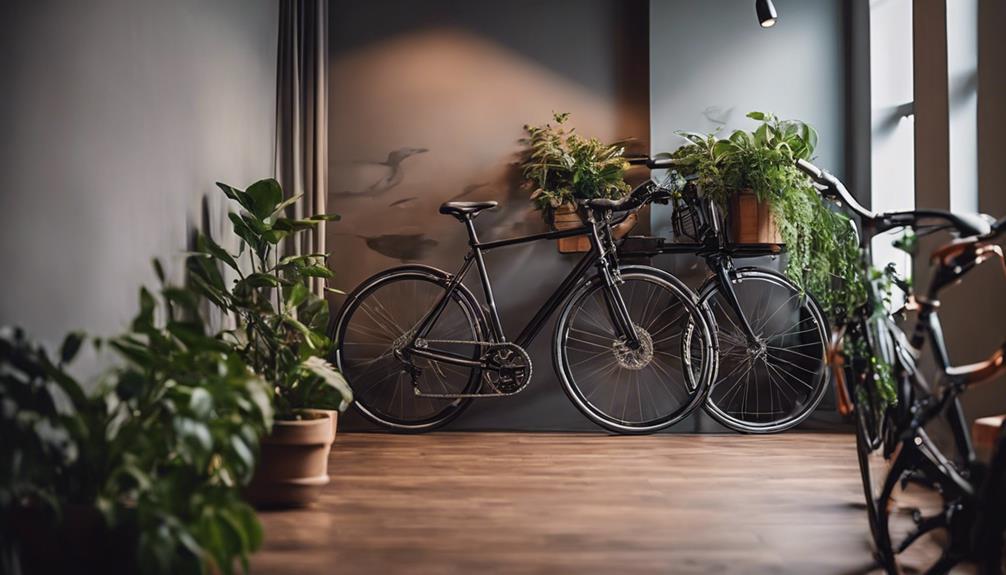Bicycles have become an increasingly popular mode of transportation in Nigeria, offering an affordable and eco-friendly alternative to traditional vehicles. If you are considering purchasing a bicycle in Nigeria, it’s crucial to understand the various factors that influence the price. This article will delve into the different types of bicycles available, their average costs, and additional expenses associated with owning a bike in Nigeria.
The Growing Popularity of Bicycles in Nigeria
Over the past few years, the use of bicycles in Nigeria has surged due to a variety of reasons. With traffic congestion on the rise in major cities like Lagos and Abuja, many commuters are turning to bicycles for efficient travel. Additionally, the emphasis on promoting healthier lifestyles and reducing carbon footprints has further fueled this trend. As a result, the demand for bicycles in Nigeria has increased, influencing their market prices significantly.
Types of Bicycles and Their Price Ranges
When discussing how much a bicycle costs in Nigeria, it’s essential to consider the various types available. The most common types of bicycles include mountain bikes, road bikes, hybrid bikes, and folding bikes. Mountain bikes are designed for off-road cycling and generally range from ₦50,000 to ₦150,000. Road bikes, which are optimized for speed and distance, typically cost between ₦80,000 and ₦200,000. Hybrid bikes, suitable for both on-road and off-road use, usually fall within the ₦60,000 to ₦180,000 range. Folding bikes, known for their portability, can cost anywhere from ₦40,000 to ₦120,000. Understanding these price ranges can help you make an informed decision based on your cycling needs and budget.
Factors Influencing Bicycle Prices in Nigeria
Several factors affect the pricing of bicycles in Nigeria. The brand is a significant aspect, with reputable brands often commanding higher prices due to their quality and durability. Additionally, the materials used in the bicycle’s construction can influence costs; for example, aluminum frames may be more expensive than steel frames. Another critical factor is the bicycle’s specifications, such as gear systems and brake types, which can also add to the overall price. Lastly, the location of purchase can impact costs, with urban areas generally having higher prices due to increased demand.
Where to Buy Bicycles in Nigeria
Knowing where to buy a bicycle is just as important as knowing how much it costs. In Nigeria, bicycles can be purchased from specialized bike shops, online marketplaces, and even local markets. Specialized bike shops usually offer a wide range of options and expert advice, but prices may be higher. Online marketplaces like Jumia and Konga provide convenience and often have competitive pricing. Local markets may offer lower prices, but the selection can be limited, and the quality may vary. It’s essential to explore these options to find the best deals.
Additional Costs Associated with Bicycle Ownership
When budgeting for a bicycle, it’s important not to overlook additional costs. Maintenance is crucial for ensuring the longevity of your bike, and this can include regular servicing, tire replacements, and brake adjustments. Depending on usage, annual maintenance can range from ₦5,000 to ₦15,000. Accessories like helmets, lights, and locks are also important for safety and security, adding an extra ₦10,000 to ₦30,000 to your initial investment. Insurance is another potential expense, although it is not as common in Nigeria, it can provide peace of mind, especially for costly bikes.
Tips for Buying a Bicycle in Nigeria
To ensure you make a wise investment when purchasing a bicycle in Nigeria, consider the following tips. First, determine your primary purpose for the bike—whether for commuting, leisure, or exercise—to choose the right type. Second, test ride different models to find one that feels comfortable and suits your riding style. Third, do thorough research on brands and read customer reviews to gauge reliability and performance. Lastly, keep an eye out for seasonal sales or discounts, which can help you save significantly on your purchase.
Conclusion: Making an Informed Decision
In conclusion, understanding how much a bicycle costs in Nigeria involves considering various factors, including the type of bike, its specifications, and additional ownership costs. With a growing interest in cycling as a viable mode of transportation, the bicycle market in Nigeria is evolving rapidly. By educating yourself on the different available options and taking the time to compare prices and quality, you can make an informed decision that not only fits your budget but also meets your cycling needs. Embrace the benefits of cycling and contribute to a healthier lifestyle while navigating Nigeria’s bustling streets with ease.
